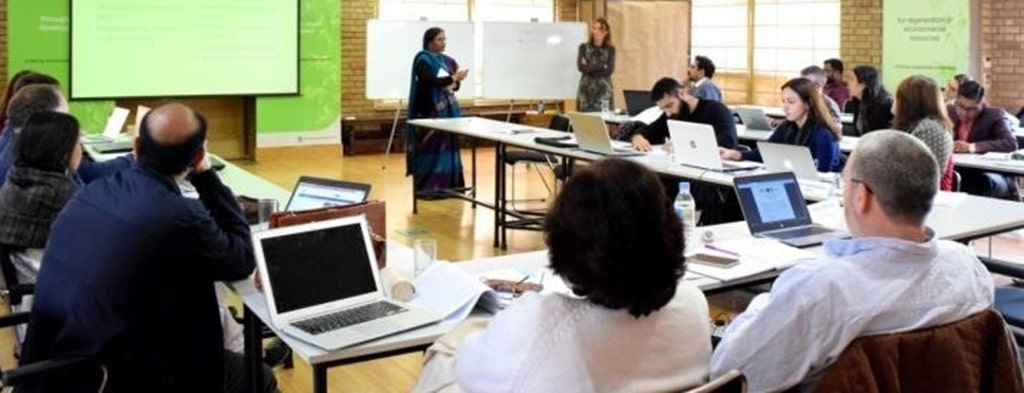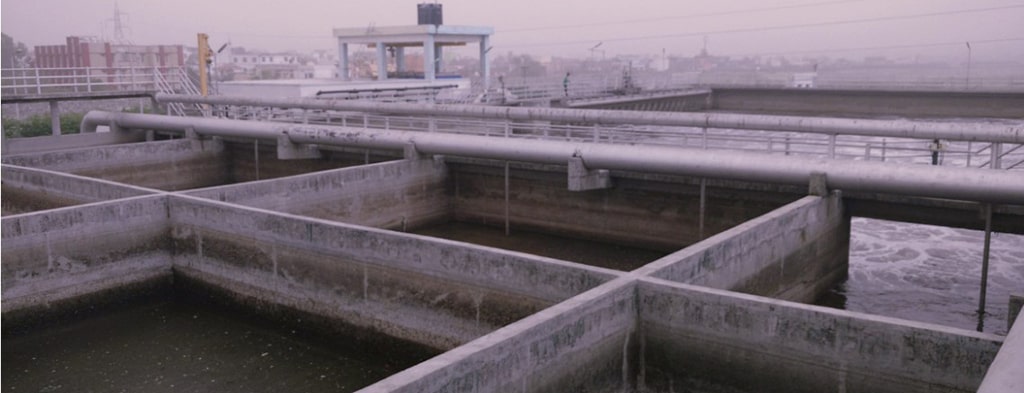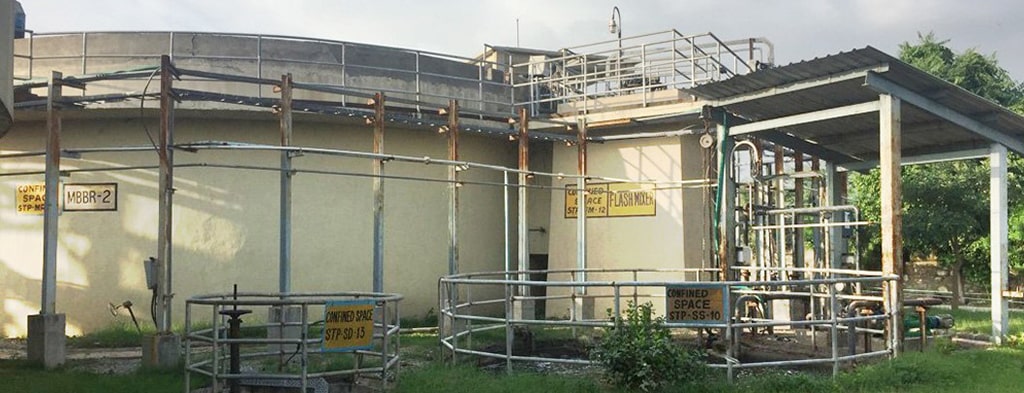

PANI-WATER, a four-year project has 18 partners led by Dr. Kevin McGuigan from RCSI, Ireland and Dr. Rita Dhodapkar from NEERI, Nagpur. The TARA group represented by Dr. Soumen Maity and the DA Group is represented by Dr. Yogendra Singh Solanki. The project will develop six prototypes out of which five will be deployed in rural and peri-urban areas in India. The field validation of the five technologies, including community engagement and technology integration are being done by the DA Group. The prototypes will be designed to remove Contaminants of Emerging Concerns (CECs) such as pharmaceuticals, personal care products, pesticides and nanoparticles from both drinking water and wastewater. The project team which includes 6 Indian and 12 European partners from six countries viz. Ireland, Spain, Italy, Cyprus and United Kingdom are working closely with the communities at the field sites, and carry out water quality analyses, health and social impact assessments, and advocate for safe reuse of treated wastewater for irrigation, and preservation of drinking water sources. The project is proposed to be implemented in five states of India – Rajasthan, Bihar, Delhi NCR, Goa and Maharashtra.

Supported by Heinrich Böll Foundation, the project was aimed at understanding water management in tier 2 and 3 Indian cities. Along with mapping water flows in selected Indian cities, the study elucidates the potential of using treated wastewater, governance of urban water management and challenges in achieving sustainable and healthy water for all. The study assessed the environmental footprint of the total urban water supply system in terms of energy consumption and GHG emissions, for the cities of Dehradun and Bhubaneswar. With National Institute of Urban Affairs (NIUA) as knowledge partner, the project conducted a series of workshops to build dialogue among city stakeholders, subject matter experts and new age smart solution providers. The workshops were aimed at understanding the challenges faced by cities in water management; understanding innovative technological solutions available for tracking and monitoring the supply and treatment systems, decentralised circular solutions for sewage treatment and management; and exploring the possibilities and avenues for integration of solutions.

This project aims to develop a state-of-the-art data support system for the Ayad River Catchment (Upper Berach Basin) in the City of Udaipur to provide support to the decision making for the city government. The University of Copenhagen, Denmark has developed a research program in partnership with Geological Society of Denmark and Greenland, DHI, Development Alternatives, and Vidya Bhawan Polytechnic, Udaipur. The study aimed to generate scientific evidence around the seasonal and annual dynamics of the water systems of the Udaipur District using a mix of conventional and innovative measurement techniques. This study has evolved from the existing partnership arrangements between Udaipur Municipality and City of Aarhus as part of Danish Ministry of Foreign Affairs Sector Specific Cooperation, and thus seeks to contribute to its objective of improving management of water resources in Udaipur. Further, the research project also aimed to adopt Citizen Science approach to engage local communities in hydrological monitoring, thereby bridging existing information lacunae and empowering citizens to make informed decisions.